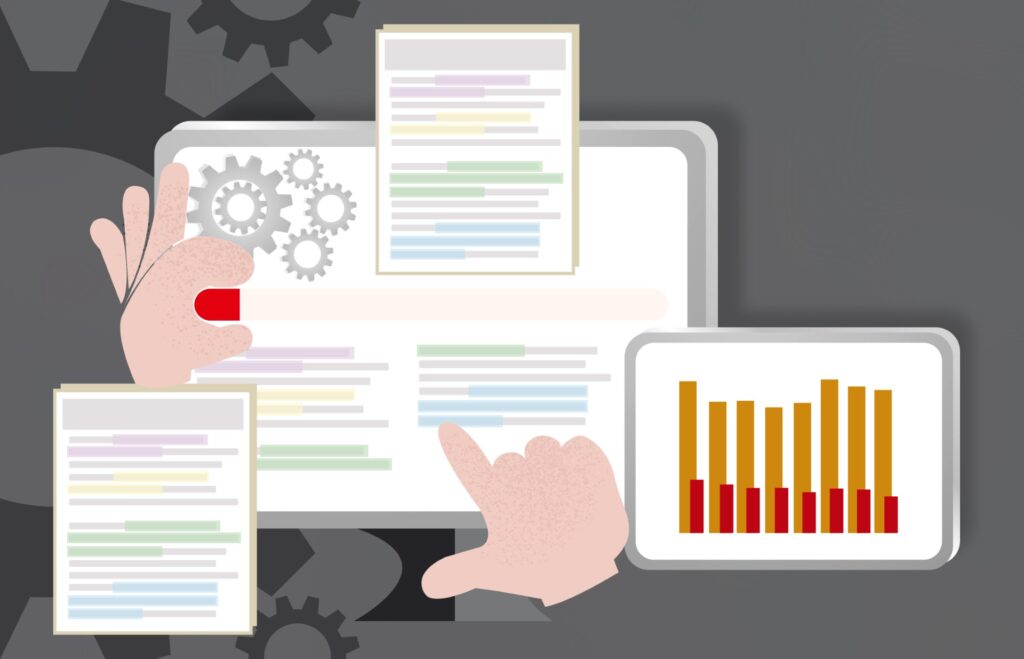Startup budgeting for beginners
According to Jean Murray, a business professor at Palmer College where she taught business startup and finance, the most important thing an entrepreneur must meet head on is budgeting. Startup budgeting is important because it allows you to make an educated guess as to what your expected income and expenses will be.
Murray recommends planning for the first day of your startup. “You have to start by determining what you’ll require on the first day of your business in order to open the doors and start accepting customers or having your website go live,” she says.
Your first day budget
Murray says it’s best to break down your “day-one startup budget” into four distinct categories:
Facilities cost. This is the cost of your startup location. Your office. Your company building or office or warehouse.
Fixed assets. These are expenditures for furniture, equipment, or company cars that you’ll need to establish your company on the first day.
Materials and supplies. This is pretty straightforward. It includes office supplies and promotional stuff. In order to get your company started, you’ll need these materials on the first day.
Other expenditures. This can range from paying an accountant to help you build a reliable and efficient HR system, licenses and permits, deposits, legal fees, or any other fees needed on the first day.
Monthly expense “guesstimate”
Murray recommends that you estimate monthly expenses, too. Both of the fixed and variable variety.
“Fixed expenses are expenditures that don’t rely on how many customers or subscribers you have. We’re talking expenses like rent, utilities, office supplies, insurance, loan payments and utilities,” Murray says.
Variable expenses, on the other hand, are expenses that actually DO change with how many customers and subscribers you have monthly. “Variable expenses range from production costs, commissions, postage and shipping, packaging, and wholesale price of items,” Murray explains.
Estimating monthly sales is the hardest aspect of startup budgeting. Nobody can forecast what sales for a new startup will be. “You’ll have to take an educated guess. What are your best and worst case scenarios? Then come up with something in the middle,” she advises.
For realistic budgeting, you have to understand that not every sale will be counted. It will depend on what kind of business you are running and how your customers and subscribers pay. “It’s wise to include a collections percentage with your monthly sales estimate. If you estimate sales for February to be $100,000 and your collection percentage is 70%, then you should show that your cash for February is $70,000,” Murray suggests.



